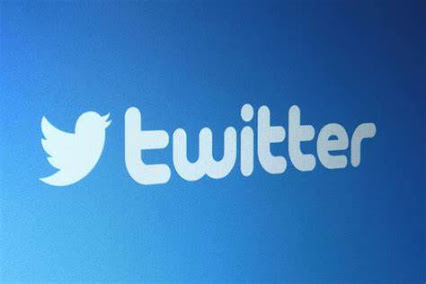One of the concerns about technology is whether it's informing us and making us smarter or giving us unreliable information. In my experience, it has made me smarter by providing access to vast knowledge and resources. However, I'm also aware that not all information available online is trustworthy, so it's crucial to approach it with caution. Fake news and fake article titles catch people off guard frequently.
Technology plays a significant role in my relationships, both positive and negative. I have online friends who I keep in touch with through social media and online gaming, which has been an excellent way to stay connected with them despite living far away. We have group chats where we share funny jokes and memes; it's a perfect way to feel encouraged.
 |
| Image of me from Google |
a positive online presence and editing
any potentially harmful or inappropriate content. I typically ensure I don't post anything stupid that could be taken incorrectly.
To conclude, our relationship with technology is complex, and it's crucial to evaluate it regularly. While I believe that my relationship with technology is moderately healthy, I'm also aware of the potential risks and negative aspects. By maintaining a healthy balance, approaching online information with caution, and being mindful of the impact of technology on our relationships, we can ensure that technology has a positive impact on our lives.
This blog post was written based on a few questions from an assignment; I recommend you take a look at these questions and try answering them yourself:
-Do you think your relationship with technology is healthy? Why or why not? Are you giving technology the appropriate amount of time in your life, or is technology taking too much time? Is technology informing you and making you more intelligent, or do you think the technology might be misleading and giving you unreliable information? Do you ever worry about these things, or do you think it's just an accepted part of our society?
-What about your friends and family? Do you think that technology is a positive part of their lives? How does technology play a role in your relationships? Good and bad.
-What is your online footprint? If you were applying for a job today, your prospective employer would first go online and find out as much as she or he could. What would they find? How much of an online presence do you have? Google yourself — that's the first thing they will do! What comes up? What kind of image does it paint? Is there anything you should edit out of your online presence?


















